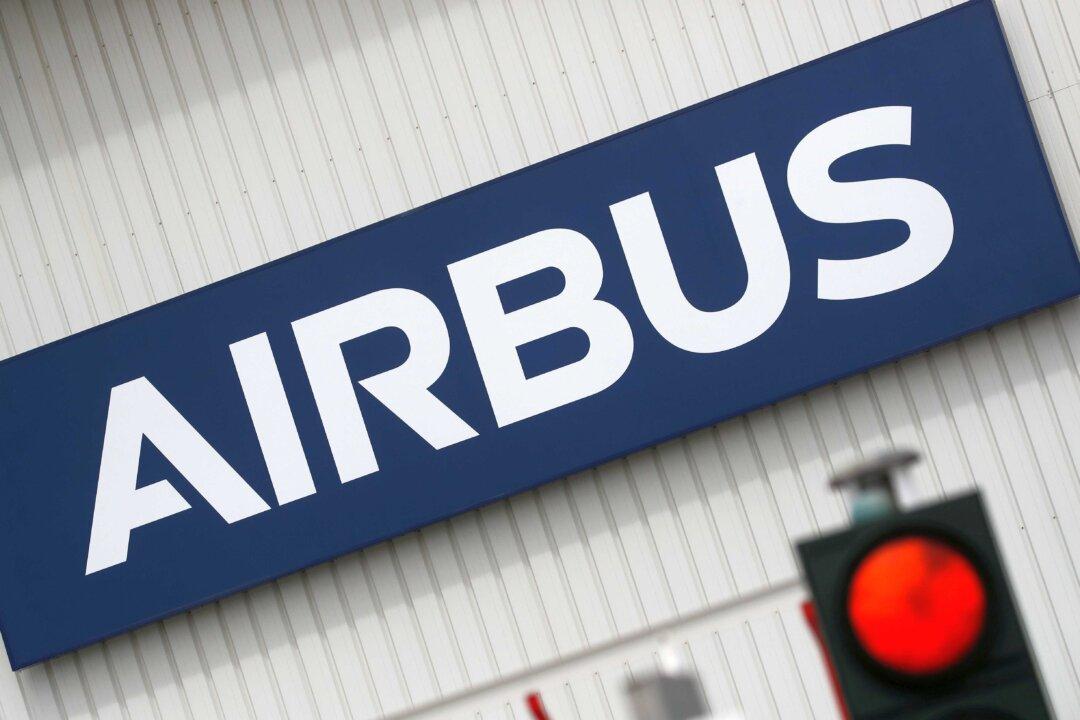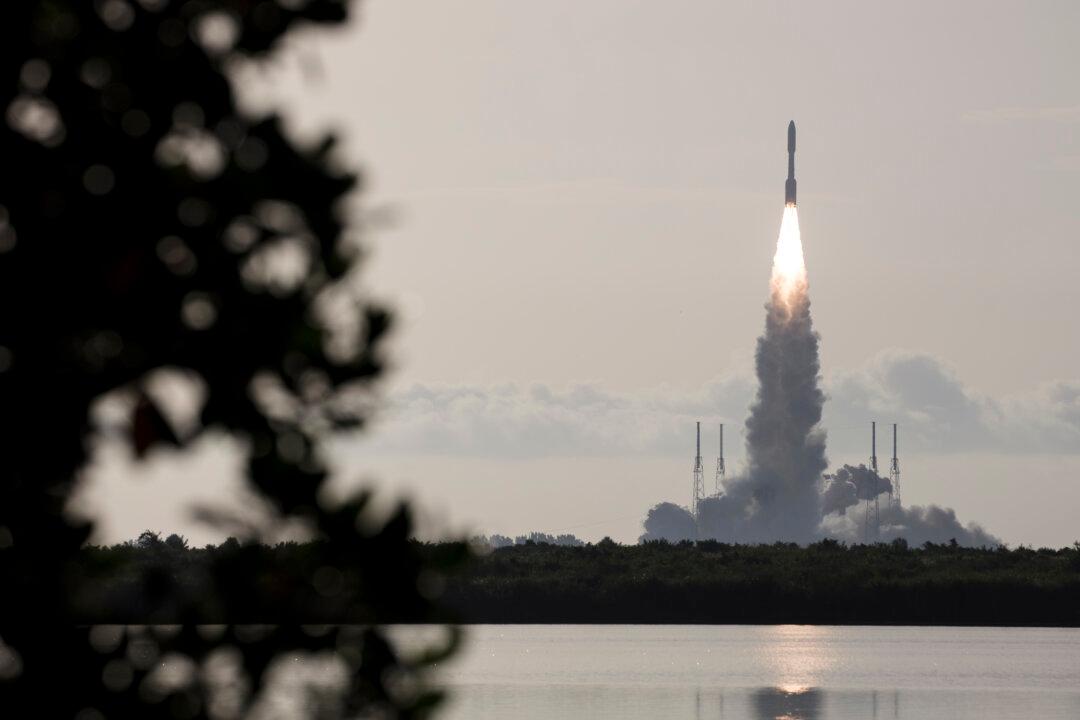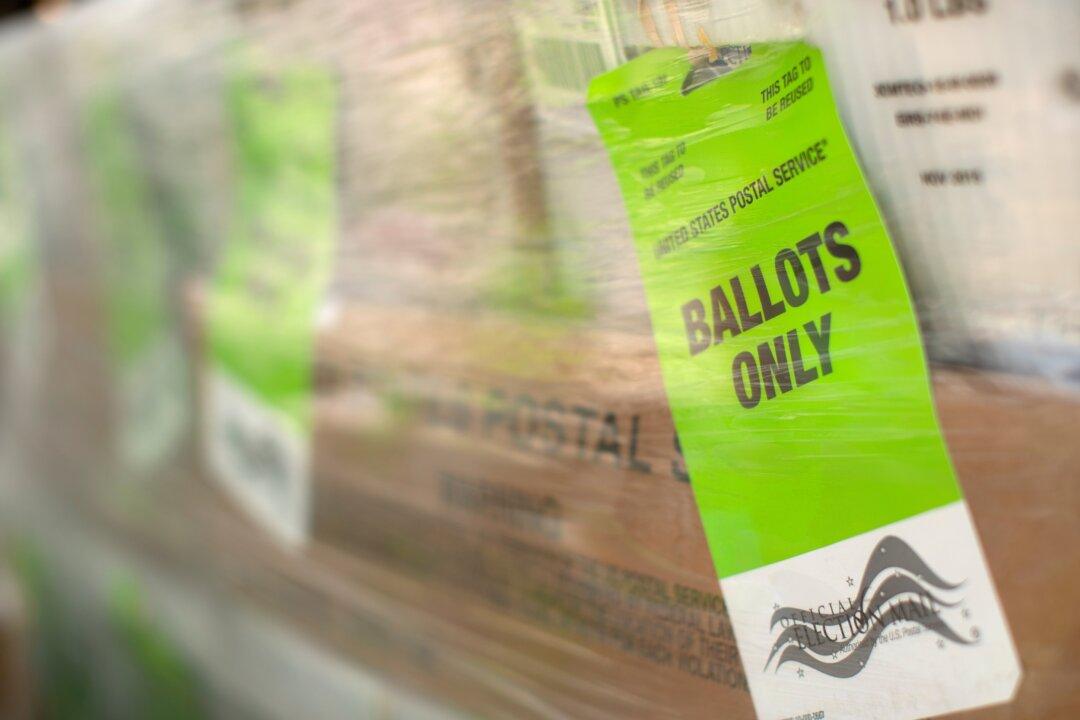Commentary
Americans probably owe our independence to foreigners. After all, the British employed Hessians to fight on their side in the Revolutionary War. These German troops didn’t really have skin in the game. They were paid regardless of whether they fought well or were captured in their barracks. And so, many were captured in their barracks.





